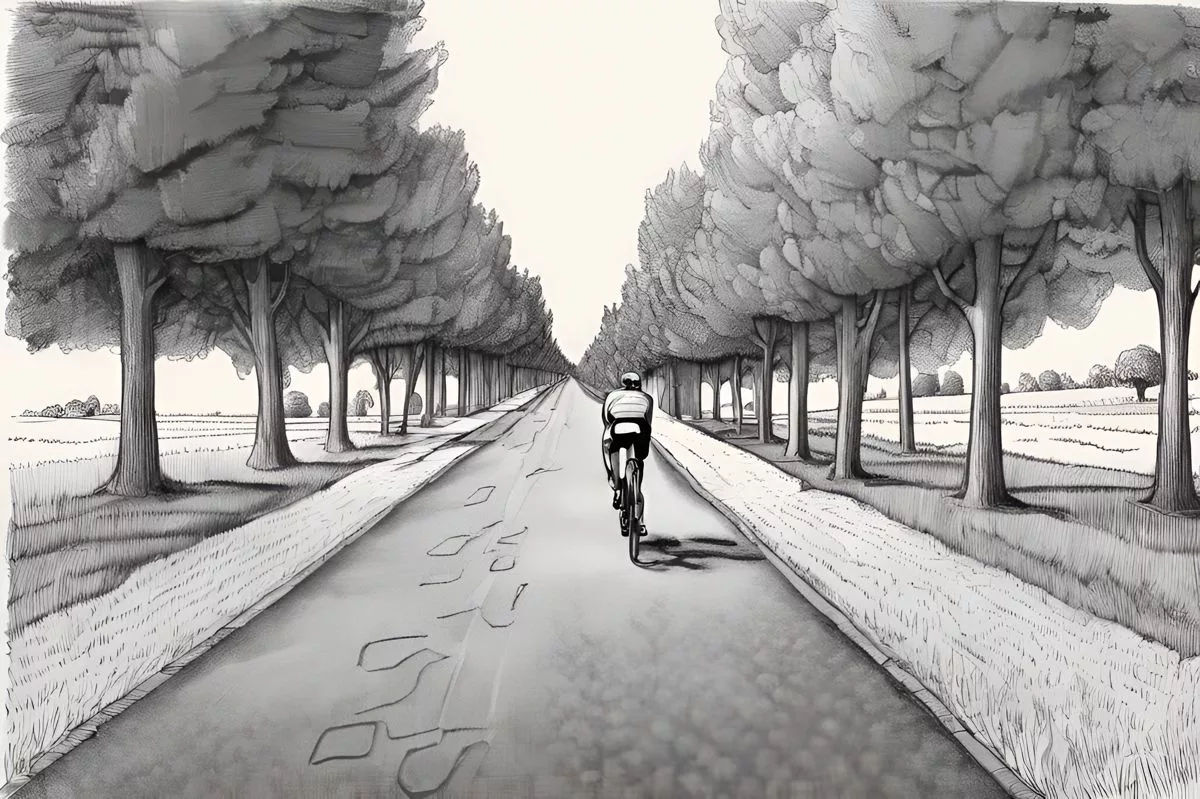The shocking disparity between the bonuses given to government employees and the basic needs of the nation’s poorest people has come under scrutiny in recent times, revealing questionable effectiveness in improving performance. From 2019 to 2024, over R3 billion was spent on bonuses, while state-owned enterprises have lost billions of Rand, worsening economic disparity in the nation. The situation calls for accountability and a rethinking of government spending policies.
The Unsettling Truth about Government Spending
From 2019 to 2024, R726 million was allocated to staff performance rewards, while provincial administration bonuses amounted to R2.2 billion during the same timeframe. Despite the economic stagnancy and job losses caused by the COVID-19 pandemic in 2021, provinces still paid out R819 million in bonuses.
The Unsettling Truth about Government Spending
In a recent spotlight on the workings of our democracy, unsettling revelations emerged – not ones we can take pride in. During a parliamentary question and answer session, alarming figures were revealed that would undoubtedly alarm any economist. The last five years have seen billions in bonuses bestowed upon government workers, while some of the most disadvantaged citizens wrestle with meager increases to their South African Social Security Agency (SASSA) grants, which barely keep up with inflation.
Incentives such as performance bonuses and birthday bonuses, equating to an employee’s regular salary, have resulted in the government shelling out over R3 billion. These facts were brought to light by the Public Service and Administration Minister, Noxolo Kiviet. She also discussed the dire plight of the nation’s poorest people. They struggle to afford food due to a 6.2% rise in food inflation, can’t pay for essential medicines, and are faced with a staggering 12.8% Eskom tariff hike, becoming the unsung casualties of an economic crisis.
The Shocking Scale of Bonuses and Misuse of Public Funds
Deeper scrutiny of the figures, as highlighted in a Sunday Times report, reveals the shocking scale of these bonuses. From 2019 to 2024, R726 million was allocated to staff performance rewards, while provincial administration bonuses amounted to R2.2 billion during the same timeframe.
Despite the economic stagnancy and job losses caused by the COVID-19 pandemic in 2021, provinces still paid out R819 million in bonuses. Worryingly, R128 million was paid to 400 government officials who were on suspension due to allegations of fraud and corruption.
Furthermore, despite the generous bonuses, government workers’ performance appears to be declining. In 2018, 218,792 employees received performance bonuses, a number that plummeted to only 3,767 individuals meeting their performance targets in 2024. This dramatic drop prompts questions about the effectiveness of the bonus system and invites a review of its use.
The misuse of public funds does not stop here. R42 million was squandered on 56 luxury vehicles for 23 ministers and deputies. This gross misuse of public funds starkly contrasts the government’s bailouts to various state-owned enterprises (SOEs).
The Ailing State-Owned Enterprises and Economic Paradox
SOEs, including Eskom, Transnet, South African Airways (SAA), the South African Post Office, the Land Bank, and Denel, have wasted R325 billion since 2020. Eskom reported losses of R54.6 billion over five years. The South African Post Office (SAPO) disclosed an accumulated loss of R6.8 billion, while Transnet’s net loss was recorded at R9.4 billion.
This financial situation draws a troubling picture of the prevalent economic disparity in our nation. On one side, we have a government workforce enjoying generous bonuses, and on the other, our citizens who are most in need can barely afford their basic needs. This contradictory situation demands self-examination, accountability, and a rethinking of our government’s spending policies.
1. What is the disparity between government employee bonuses and the basic needs of the nation’s poorest people?
The disparity is shocking, with over R3 billion spent on government employee bonuses from 2019 to 2024, while state-owned enterprises have lost billions of Rand, worsening economic disparity in the nation.
2. How much money was spent on bonuses for government employees from 2019 to 2024?
From 2019 to 2024, R726 million was allocated to staff performance rewards, while provincial administration bonuses amounted to R2.2 billion during the same timeframe. Despite the economic stagnancy and job losses caused by the COVID-19 pandemic in 2021, provinces still paid out R819 million in bonuses.
3. Is there evidence that government workers’ performance is declining despite receiving generous bonuses?
Yes, according to the figures presented, government workers’ performance appears to be declining. In 2018, 218,792 employees received performance bonuses, a number that plummeted to only 3,767 individuals meeting their performance targets in 2024.
4. What is the economic situation of state-owned enterprises (SOEs)?
SOEs, including Eskom, Transnet, South African Airways (SAA), the South African Post Office, the Land Bank, and Denel, have wasted R325 billion since 2020. Eskom reported losses of R54.6 billion over five years. The South African Post Office (SAPO) disclosed an accumulated loss of R6.8 billion, while Transnet’s net loss was recorded at R9.4 billion.
5. How much money was squandered on luxury vehicles for government officials?
R42 million was squandered on 56 luxury vehicles for 23 ministers and deputies.
6. What actions are needed to address the misuse of public funds and economic disparity?
The situation calls for accountability and a rethinking of government spending policies, as well as a review of the use and effectiveness of the bonus system. It also demands self-examination and a focus on addressing the economic disparity prevalent in the nation.








